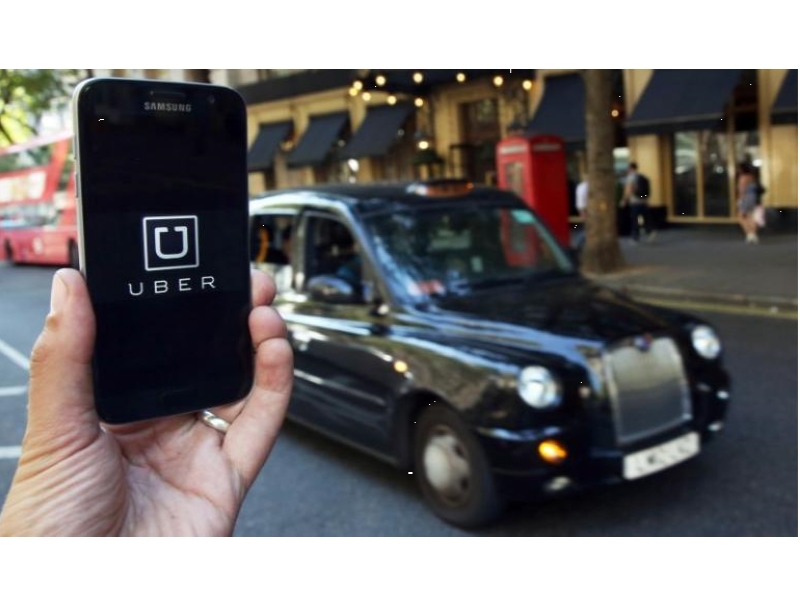
Uber drivers employees, not contractors, says UK tribunal.
In a decision that is likely to have implications for Australia, a UK tribunal has found that major “digital economy” player, Uber, should be treating its drivers as employees, not contractors.
In other words, those drivers should be entitled to the minimum wage, holiday pay and any other conditions laid down by employment law.
In Australia that would include benefits such as superannuation payments, paid annual leave, parental leave, redundancy payouts and workers compensation.
The decision by the Central London Employment Tribunal reflected that body’s view that Uber drivers were not genuinely self-employed or independent. It found that in fact Uber exercised a "high level" of control of drivers, including "cutting them" off the app that provided them work if they did not accept a lift or fare from a customer.
It said that Uber resorted to "fictions", "twisted language" and "even brand new terminology" to define its relationships, with the tribunal noting that the company's elaborate and contrived contractual structure was "unrealistic".
As reported in E-bulletin #19 (“Unions seek protections for digital economy workers”), Australian unions are also moving to address the erosion of employment rights and conditions that is accompanying the appearance of new digitally-based forms of worker engagement as used by companies such as freelancer, Uber and Airtasker.
While Australian employment law differs from that in the UK, the same basic issue of worker exploitation masquerading as worker independence remains and must be addressed.
Source. Workplace Express










